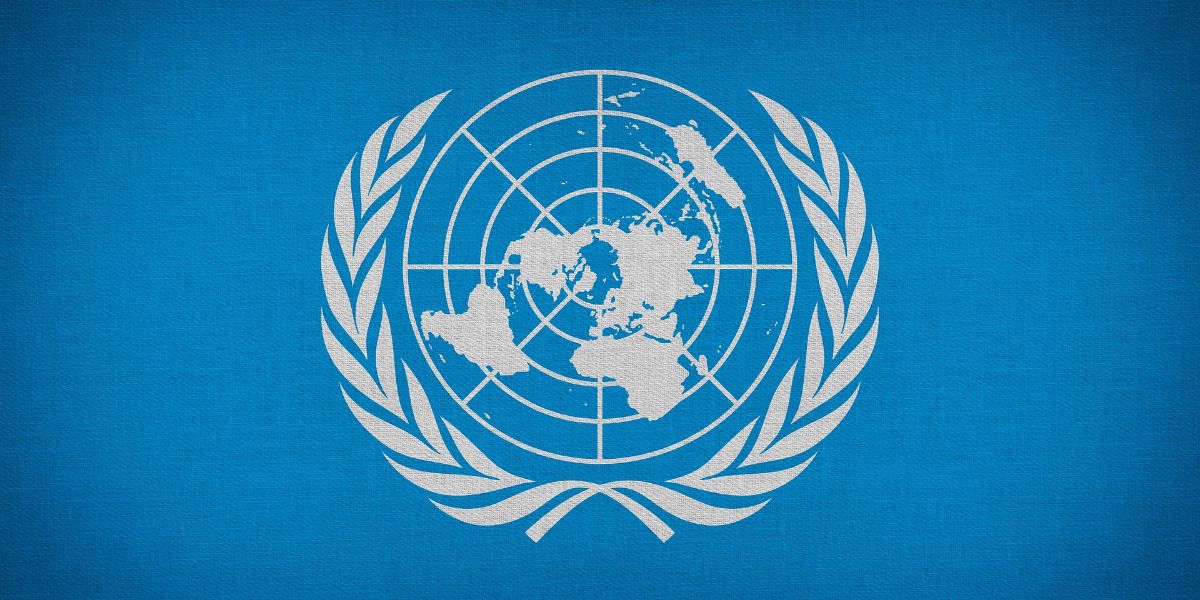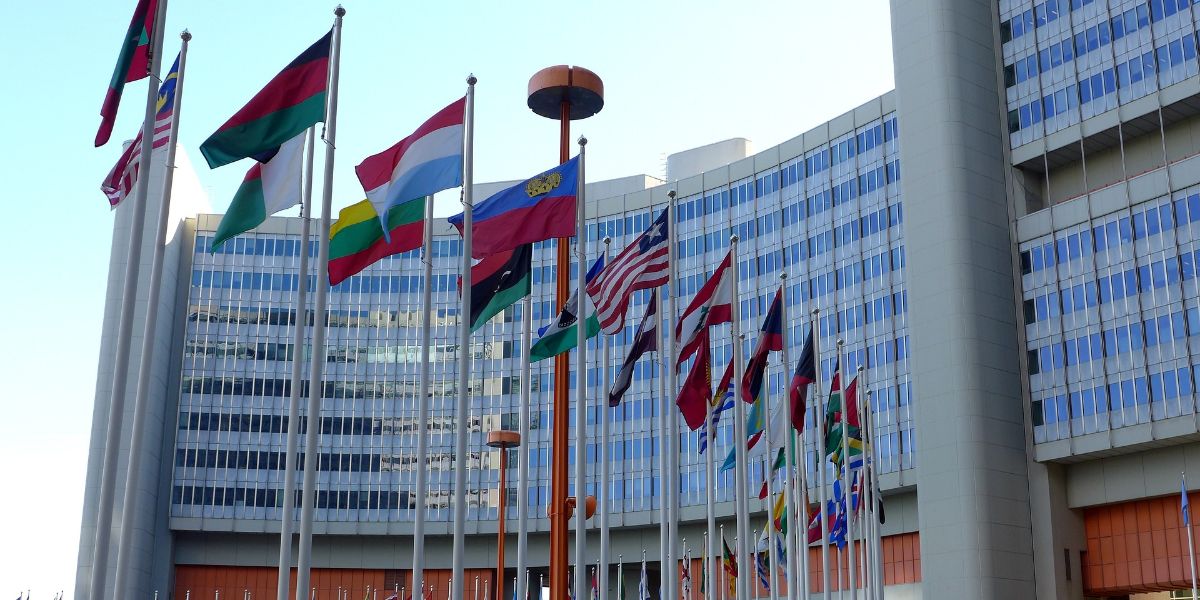On 18 March 2024 the ECOSOC Special Meeting on International Cooperation in Tax Matters took place against the urgent background of the collective action required to put the Sustainable Development Goals (SDGs) back on track, strengthen institutions to enable them to manage technological change, and find solutions to the weaknesses in the international financial architecture.
UN Framework Convention on international tax cooperation
The meeting discussed the promotion of inclusive and effective international tax cooperation at the UN. An Ad Hoc Committee has been established to draw up terms of reference for a UN Framework Convention on international tax cooperation, aiming to finalise the work by August 2024. The Convention should take into account the needs, priorities and capacities of all countries, in particular developing countries. The discussions should take into consideration the work of other relevant forums in international tax cooperation.
A number of participants mentioned the importance of consensus-based decision making for the work on the Framework Convention, to achieve universally accepted solutions. Countries need to build on existing work achieved in other international organisations, looking at some of the aspects that need further work to increase domestic resource mobilisation, and collaborating with the other international organisations to jointly implement the solutions. A broad consensus must be reached on the issues because the effectiveness of the Convention or protocols depends on how many states implement the provisions.
Many of the participants mentioned the importance of capacity building to help countries to implement any international tax rules and standards that may be agreed by international organisations. Developing countries have resource limitations. There is insufficient information technology use within the tax administrations, and the specialised human resources required to implement tax initiatives may be lacking. There are language barriers and the risk of misinterpretation of provisions is high.
Where information is exchanged with other tax administrations there may be limits placed on the use of key information. Information may not be pooled centrally, and the information received may be in a different language and difficult to interpret. This hinders the use of the information in enforcing the tax legislation.
Owing to the lack of resources countries may have poor registration and reporting systems for beneficial ownership. Also, on transfer pricing enforcement countries may not have access to the commercial databases needed to review the pricing. Lack of capacity within the tax administration of a country is therefore a barrier to implementing internationally agreed standards. Capacity building should therefore be a priority.
The UN Convention could broaden the scope of information sharing so that it can be used to tackle not only tax avoidance and evasion but also other financial crimes. This could ensure that information sharing is a powerful tool in dealing with the problem of illicit financial flows (IFFs). Other standards could be drawn up to deal with IFFs, for example there is currently no standard for tracking and recording cross-border transactions.
The representative from the business sector noted that a request for stakeholder input has been sent out in relation to the framework convention so there will be input from business and civil society. From the point of view of business, a stable and fair international tax system is required. Private sector investment is needed to meet the challenges of the sustainable development goals, so business needs to see increased cooperation between international organisations rather than multiple sets of rules. Duplication of international rules would lead to uncertainty for business.
Wealth tax
The ECOSOC meeting also discussed the issue of wealth tax. Inequalities in the world are greater than ever, and the need for increased tax revenue is pressing. The issue of wealth taxation is therefore back on the global agenda.
Wealth taxes have previously been regarded as difficult to design and enforce, owing to the mobility of wealth, and international cooperation is therefore needed in enforcement of a wealth tax. The UN Committee of Experts on International Tax Cooperation has appointed a subcommittee to look at issues around wealth and solidarity taxes, and the subcommittee has drawn up draft guidance that will be presented to the Committee for approval. Participants mentioned that model wealth tax legislation for use by countries in their own context could also be useful. The model rules may need to be flexible to allow countries to broaden the scope of the tax if their situation requires this.
There are complexities that need to be taken into account. A wealth tax will interact with taxes on capital gains, capital income or inheritance tax. There could be multiple taxation of a person’s wealth. There may also be negative consequences to consider in relation to capital flight or discouragement of investors. International cooperation is needed to overcome these disadvantages.














